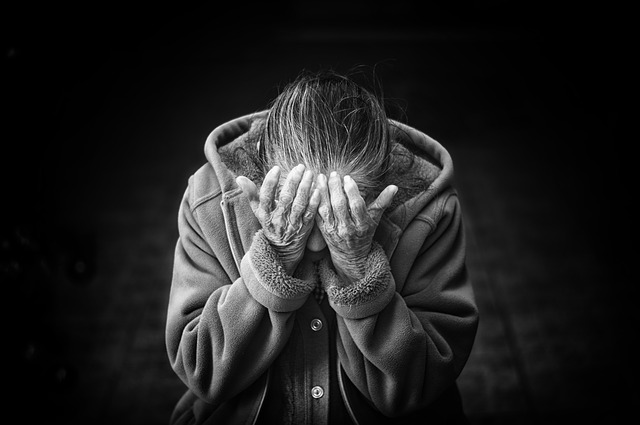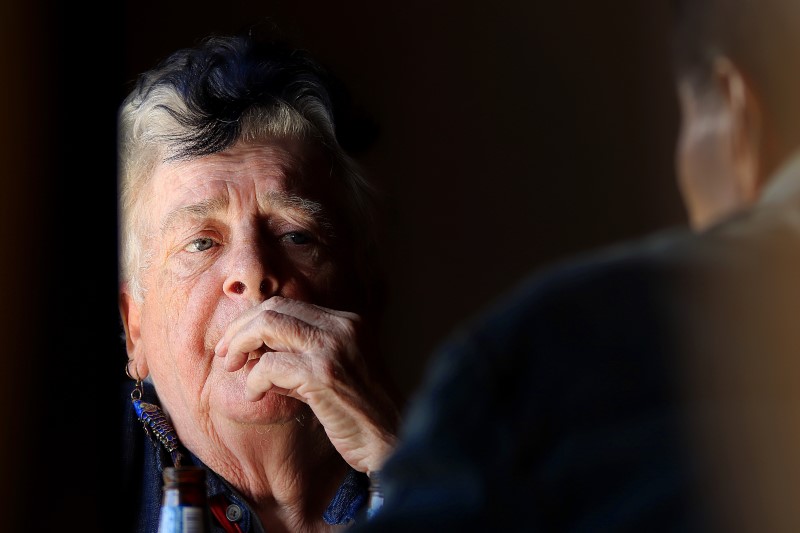
Suicide Prevention in Older Adults
Suicide is a major public health issue that affects people of all ages. According to the Canadian Association for Suicide Prevention, more than 10 people over the age of 60 end their lives every week. The risks are even higher for aging adults when experiencing a gradual loss of autonomy, social isolation, the death of a loved one, the diagnosis of a debilitating disease, or depression. Suicidal thoughts are often the result of overwhelming emotional pain and can be prevented if properly addressed.
What can you do to protect your loved one?
It is important to build resilience in a loved one you feel might be at risk. Having the ability to cope with adversity reduces the possibility of contemplating suicide. Encouraging regular social visits can help the elder in your life feel supported. Participating in group activities, maintaining a healthy and active lifestyle, and cultivating a sense of belonging to a group or a community are ways in which seniors’ can bolster their ability to recover from emotionally difficult events, even when confronted with setbacks in their personal lives.
How can you know when your loved one is at risk of suicide?
As a caregiver, the thought of losing a loved one to suicide is very worrying. People who consider suicide tend to express their difficulties living life directly, or through a series of warning signs that can be detected through behavioral observation. An older adult is particularly at risk of suicide when they have mental health problems, a history of suicide attempts or thoughts, a plan or desire for death, health problems limiting their independence, emotional pain or if they have experienced psychological and/or social upheaval. The American Association of Suicidology has developed a list of warning signs for suicide that you can easily remember through the mnemonic: IS PATH WARM.
I: Ideation
S: Substance Abuse
P: Purposelessness
A: Anxiety
T: Trapped
H: Hopelessness
W: Withdrawal
A: Anger
R: Recklessness
M: Mood Changes
The warning signs of suicide should be taken seriously, especially among the elderly. It is important to note that seniors attempting suicide use highly lethal methods compared to the general population.
Which mental disorders are associated with higher suicide rates?
According to statistics from multiple studies, older adults with depression, personality disorders, mood disorders such as bipolar disorder or psychotic disorders such as schizophrenia have a high rate of suicide. The more severe the mental disorders your loved one may have, the more at risk they are of taking their own life. It is necessary to offer older adults who suffer from these disorders the care and support they need.
What should you do when you learn a loved one is contemplating suicide?
There are many resources to support people whose dark thoughts put them at risk.
If you believe that your loved one could be suicidal, you can seek help:
- From your family doctor;
- From an emergency care clinic or from a mental health provider (such as a psychologist, psychiatrist, social worker or psychiatric nurse);
- From the Quebec Centre for Suicide Prevention hotline which can be reached by dialing 1-866-APPELLE (277-3553). They will forward your call to your local chapter.
If you find yourself in a situation where your loved one is threatening to hurt themselves, looking for ways to end their life, or has written a suicide note, you should seek help immediately by calling 911. It is essential not to leave them alone: stay with your loved one until a care provider arrives.
If you notice an increase in risk of suicide in your loved one, it is highly recommended that you speak with a healthcare professional such as a psychologist or a physician for appropriate advice, as well as for a medical follow-up.










